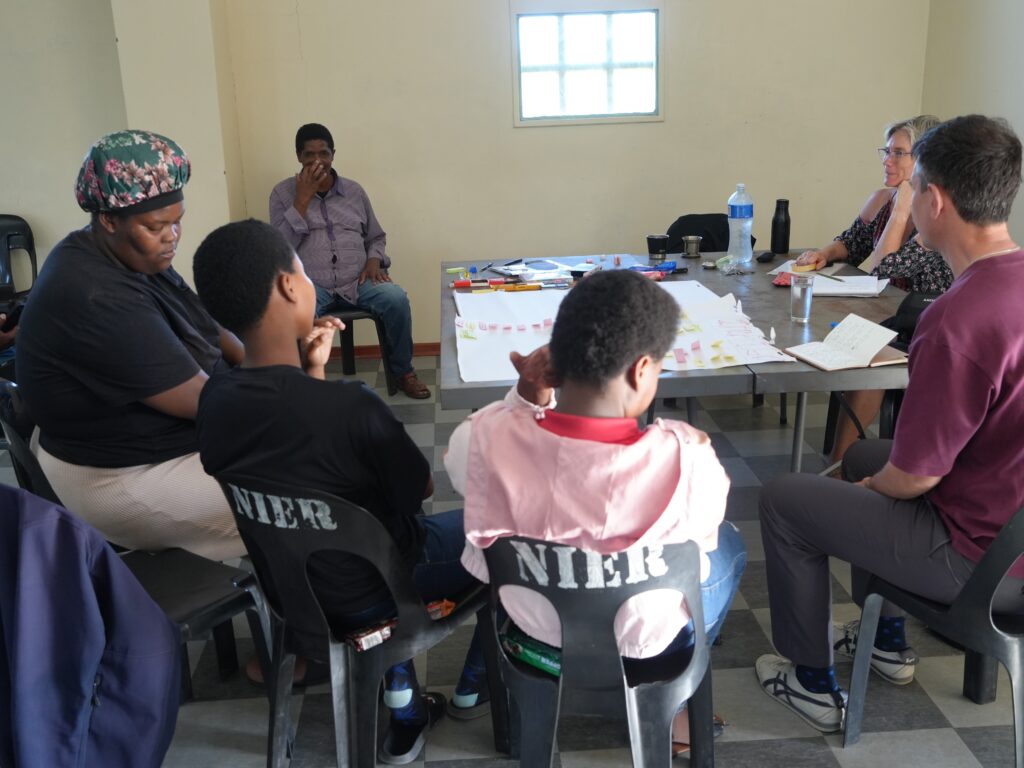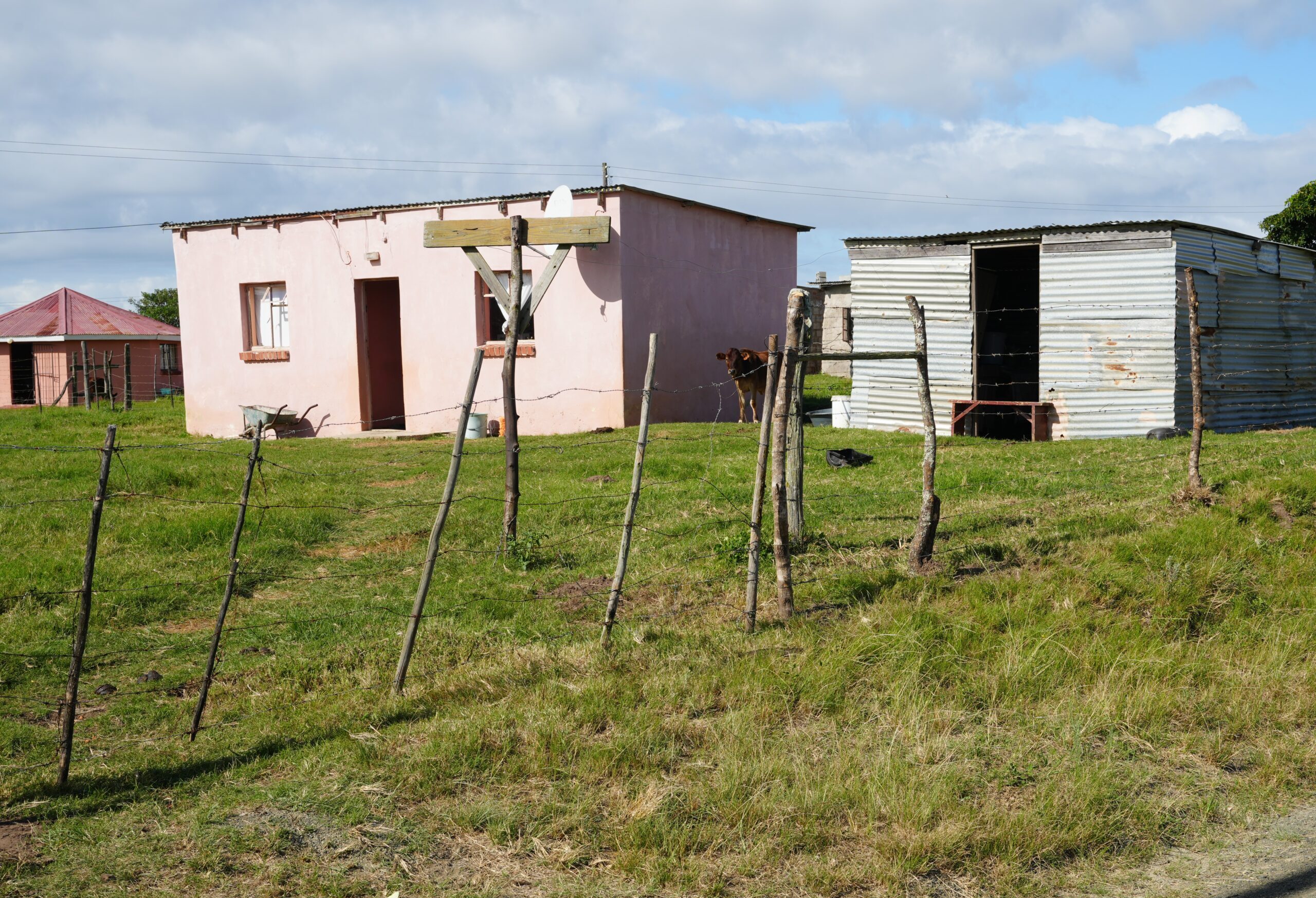Dr. Juan (Fellow Researcher, UNU-IAS OUIK), recently completed a field research to the Xhosa community in Tharfield rural village, South Africa. The trip took place from March 30 to April 4, 2025 and is part of UNU-IAS’ four-year (2024-2028) international initiative, titled “Reconceptualizing Well-being to Foster a Sustainable Society through Youth and Indigenous Perspectives from the Global South.” This initiative aims to redefine the concept of “well-being” through Indigenous and youth perspectives and is funded by the Japan Society for the Promotion of Science (JSPS).
The primary goal of this initiative is to that integrates indigenous values, contributing to the global discourse on sustainability and to ensure that the voices of youth and local communities shape the post-2030 development vision. The project includes four case studies in India, Mexico, Philippines, and South Africa, all centered on co-developing localized indicators of well-being that extend beyond traditional economic metrics. These indicators highlight cultural identity, relational values, and environmental harmony, addressing global challenges such as climate change and cultural erosion. This work aligns with the SDGs Goal #3 (Good Health and Well-being).
The purpose of this field research is to understand the Indigenous concept of Impilo—a holistic vision of well-being deeply rooted in cultural heritage and natural surroundings—and how Impilo is experienced within the Xhosa community. To this, Dr. Juan in collaboration with Rhodes University and local stakeholders, engaged both youth and elders from the community through interviews, workshops, and co-creation sessions.

Participants described Impilo as a way of life characterized by family unity, respect for ancestral traditions, and a profound connection to the natural world. Young people expressed their relationship with Impilo as one of belonging and cultural identity, although they also voiced concerns about distractions from modern technology and environmental changes. Elders emphasized the importance of health, rituals, and spiritual balance, highlighting their fears about the decline of traditional practices. Despite generational differences, both groups concurred that true well-being is inseparable from nature, community ties, and cultural rituals.
One of the key outcomes of the field visit was the co-creation of Indigenous well-being core elements with youth participants, focusing on topics such as family cohesion, community support, and spiritual connections to the land. Although these elements are not yet formalized as indicators at this stage, they reflect important foundations for understanding Indigenous perspectives on well-being. The research also highlighted that well-being is not an abstract concept but is lived daily through relationships and reverence for the land. These insights will contribute to the development of a global comparative framework across all study sites involved in the project.





